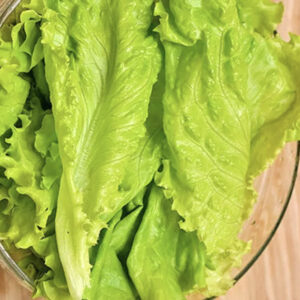For over 4,000 years, leeks have been prized for both flavor and healing. Ancient Egyptians ate them for strength, while Romans—Emperor Nero among them—valued them for health, earning him the nickname “leek eater.” Related to onions and garlic but milder, leeks offer similar benefits without the pungency.
They support uric acid elimination, aiding those with gout or arthritis, and have been used in remedies for urinary discomfort. Rich in minerals like iron, magnesium, calcium, and potassium, plus vitamins B and C, they boost immunity, bone strength, digestion, and energy. Compounds like kaempferol may even help stabilize mood by supporting serotonin and dopamine balance.
In the kitchen, their sweet, gentle flavor suits soups, stews, pies, quiches, roasts, and salads. Nearly the whole leek is edible, with dark leaves best for stock. Both nourishing and versatile, leeks remain a timeless link between food, medicine, and tradition.





